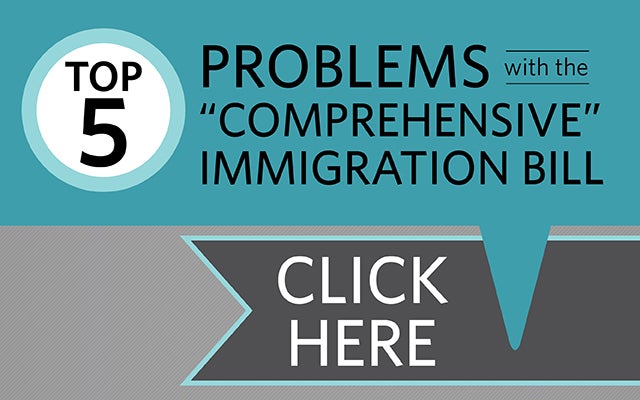The fate of many high-skilled workers seeking to come and work in the U.S. may be left up to luck of the draw this year.
On Monday, U.S. Citizenship and Immigration Services (USCIS) began accepting applications for a popular high-skilled worker visa, known as the H-1B. By Friday, the agency warns they may already have more applicants than they have available visas. If that happens, USCIS will stop accepting applications then and there. The agency will then use a lottery system to randomly select who will receive each one of the 65,000 available visas.
If this happens, it will be the first time since 2008 that USCIS has had so many applicants that it has been forced to use a lottery system. On the one hand this seems like good news: The fact that U.S. tech companies are once again hiring, after all, is most certainly a sign of continued economic recovery. On the other hand, it means that many U.S. companies will not be able to get the labor they need.
It’s well past time that the U.S. does better than simply leaving the visa process up to chance. This means not only ensuring that our visa caps are responsive to the needs of the economy but also doing away with misguided programs such as the Diversity Visa program (better known as the green card lottery).
On one of these points, at least, Congress looked liked it was finally making progress. In December, the House passed a bill that would have done away with the green card lottery—perhaps the least rational component of the entire U.S. immigration system. In its place, it would have created a program that awarded 55,000 visas for foreign-born graduates of U.S. universities who had earned advanced degrees in science, technology, engineering, or mathematics. While not perfect, the bill was at least a step in the right direction to improving our nation’s system of high-skilled immigration—and doing so on its own path rather than through a bloated, comprehensive effort. However, the bill was killed in the Senate.
Ultimately, as the U.S. economy continues to recover, demand for high-skilled foreign workers is only going to continue to grow. The U.S. can either implement the reforms needed to ensure that we welcome the best and the brightest to our shores, or we can continue leaving it all to chance.



























